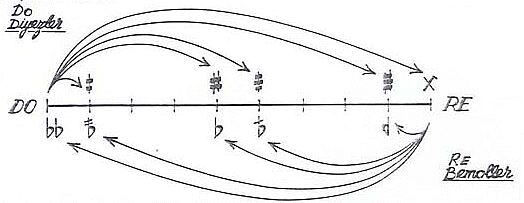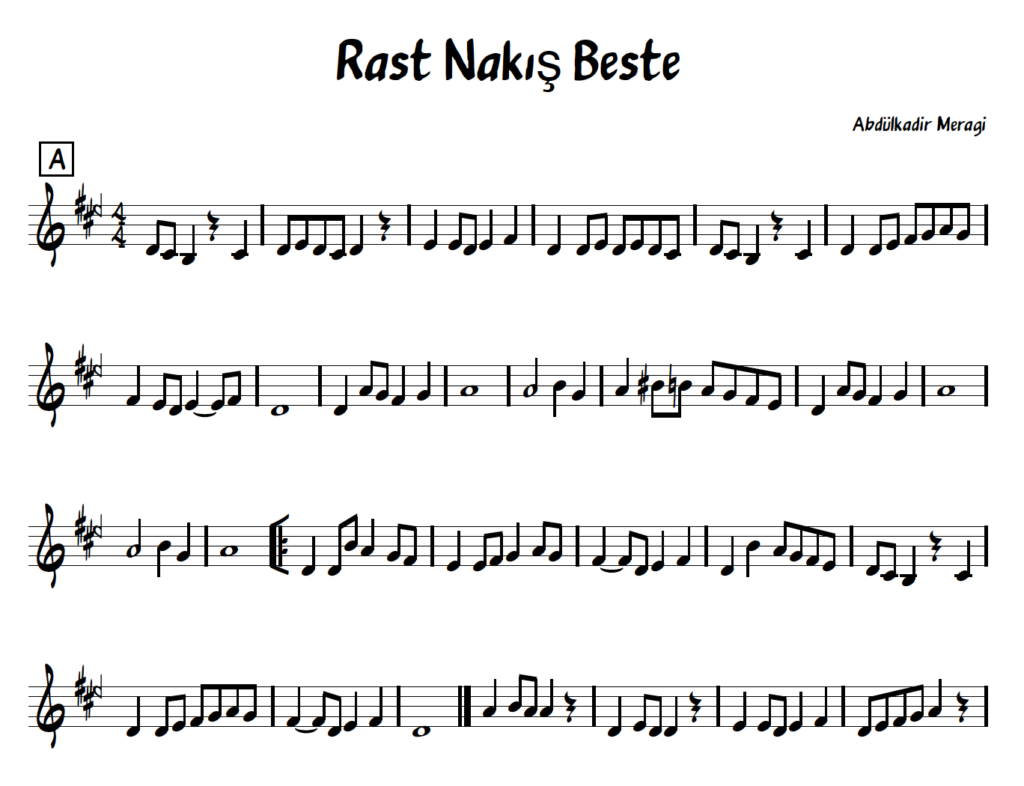Turkish dramas have been a big hit all over the world.
I’m going to take a deeper look into the Middle Eastern classical music used in Magnificent Century.
I’m going to take a deeper look into the Middle Eastern classical music used in Magnificent Century from the perspective of a Middle Eastern folk instrumentalist.
Classic in ethnic music ?
Classical music has a strong image of Western classical music, but as shown in the drama, the Ottoman Empire once ruled the Mediterranean world from the Middle East, and the tradition of Ottoman classical music (Middle Eastern classical music) has been passed down in Istanbul.

What do you think?
I think you can feel the graceful atmosphere of the Ottoman court with the smooth and smooth melody.
I think you can feel the graceful atmosphere of the Ottoman court.
Let’s see what kind of person made this. Let’s take a look.
The alleged composer, Abdülkadir Meragî, is an Azerbaijani-born musician from Central Asia.
The composer, Abdülkadir Meragî, was a Central Asian musician born in Azerbaijan.
It was composed when Istanbul was still the capital of the Eastern Roman Empire.
It was composed before the Ottoman court was established in Istanbul.
Maybe classical music is far from our lives.
It’s so far away from our daily life
You may think that it is a little difficult to get used to.
However, this music may be surprisingly easy to listen to.
The reason for this?
I guess one reason is that the musicians playing are modern people.
But there is another reason.
Another reason is that it is based on the Maqam Rast melody, which is relatively familiar to us.
But another reason is that it is based on the Maqam Rast melody, which is relatively familiar to us.
The fine and beautiful world of microtones
One of the characteristics of classical music in the Middle East is
Microtones.
This is a sound that cannot be expressed on the piano.

As you can see in the score of this piece
The upside-down ♭ is the microtonal.
The interpretation of microtones varies from region to region and from person to person.
According to this document, the inverted flats in Turkish Ottoman classics are lowered by one-ninth.

For some reason, the Turkish notation is written four degrees higher than the actual notes, even though it is based on Western notation.
The Turkish notation is somehow written 4 degrees higher than the actual notes.
If you’re not familiar with it, you might get confused. So I prepared a score based on real notes.
I’ve prepared a score based on real notes.
Please refer to it😌.
One ninth, by the way.
Can you hear that fine a pitch?

You might be thinking.
In fact, I play this kind of music myself.
But because I grew up with Western music for a long time
I also have a feeling that I am pulled by the Western scale system.
There is a sense of being pulled by the Western scale system.
Especially the Rast melody
The Rast melody in particular has a strong impression of the Do-Re-Mi scale.
I guess I don’t have a choice.
This is a personal feeling.
Contemporary Turkish musicians
There is a lot of interaction with Western music.
I have the impression that many of them play music that is much closer to Western scales than other Middle Eastern classical music such as Iranian and Egyptian.
I have the impression that many of them play music that is quite close to the Western scale.
However, the way they construct phrases and add ornaments
However, the way they construct phrases and add ornaments is clearly different from Western music.
I’ll talk about this in the next article.
